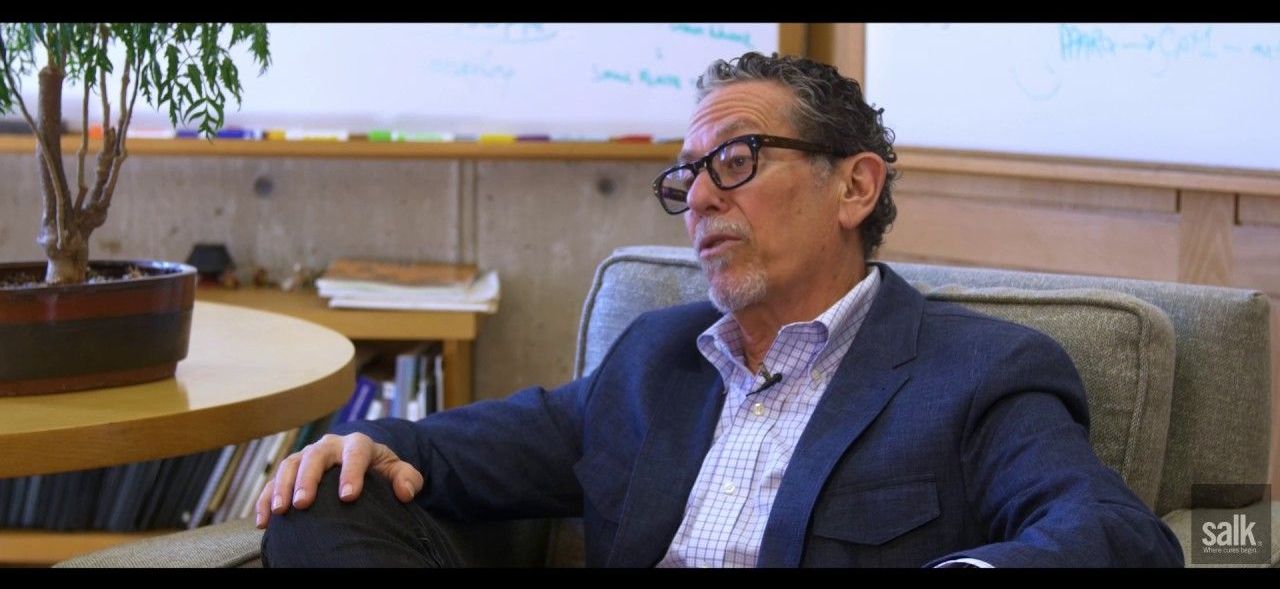
Men and women differ in obvious and less obvious ways—for example, in the prevalence of certain diseases or reactions to drugs. How are these connected to one’s sex? Weizmann Institute of Science researchers recently uncovered thousands of human genes that are expressed—copied out to make proteins—differently in the two sexes. Their findings showed that harmful mutations in these particular genes tend to accumulate in the population in relatively high frequencies, and the study explains why. The detailed map of these genes, reported in BMC Biology, provides evidence that males and females undergo a sort of separate, but interconnected evolution.
Several years ago, Prof. Shmuel Pietrokovski and Dr. Moran Gershoni of the Weizmann Institute’s Molecular Genetics Department asked why the prevalence of certain human diseases is common. Specifically, about 15% of couples trying to conceive are defined as infertile, which suggested that mutations that impair fertility are relatively widespread. This seems paradoxical: Common sense says that these mutations, which directly affect the survival of the species by reducing the number of offspring, should have been quickly weeded out by natural selection. Pietrokovski and Gershoni showed that mutations in genes specific to sperm formation persist precisely because the genes are expressed only in men. A mutation that is problematic for only half the population, no matter how detrimental, is freely passed on to the next generation by the other half.
In the present study, the researchers expanded their analyses to include genes that, though not necessary for fertility, are still expressed differently in the two sexes. To identify these genes, the scientists turned to the GTEx project—a very large study of human gene expression recorded for numerous organs and tissues in the bodies of close to 550 adult donors. That project enabled, for the first time, the comprehensive mapping of the human sex-differential genetic architecture.
Continue reading “Researchers identify 6,500 genes that are expressed differently in men and women” »
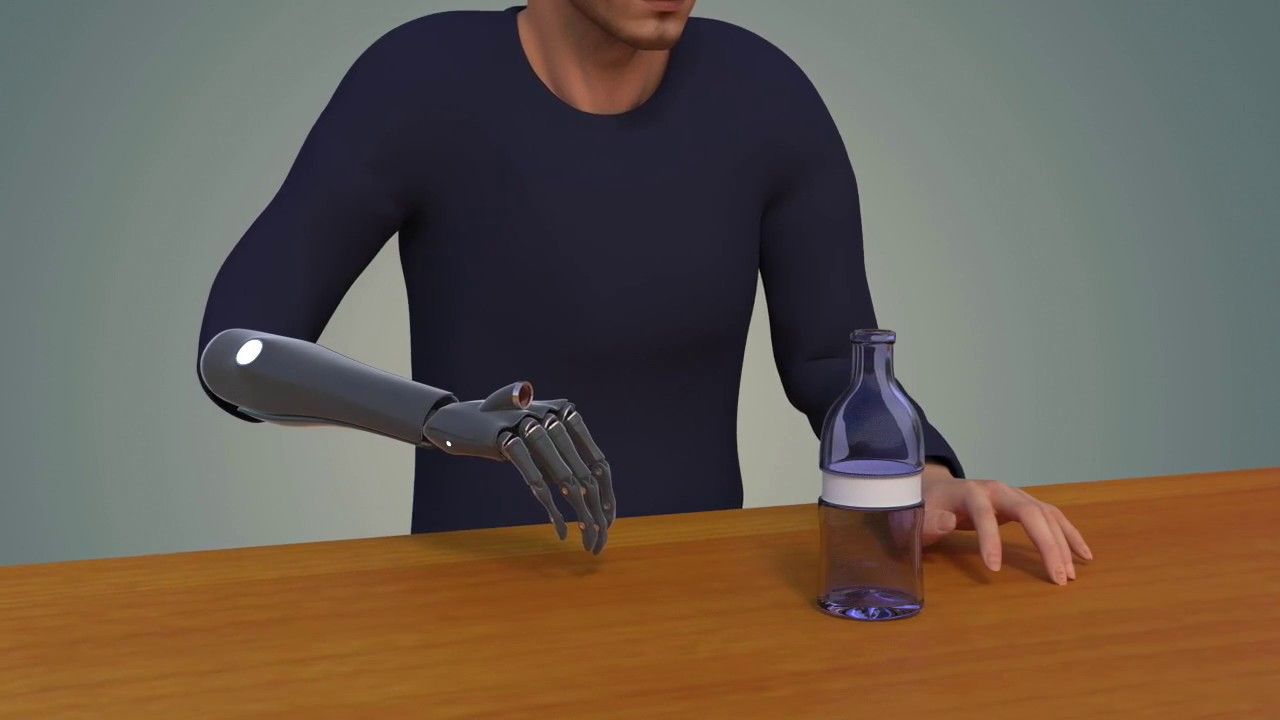

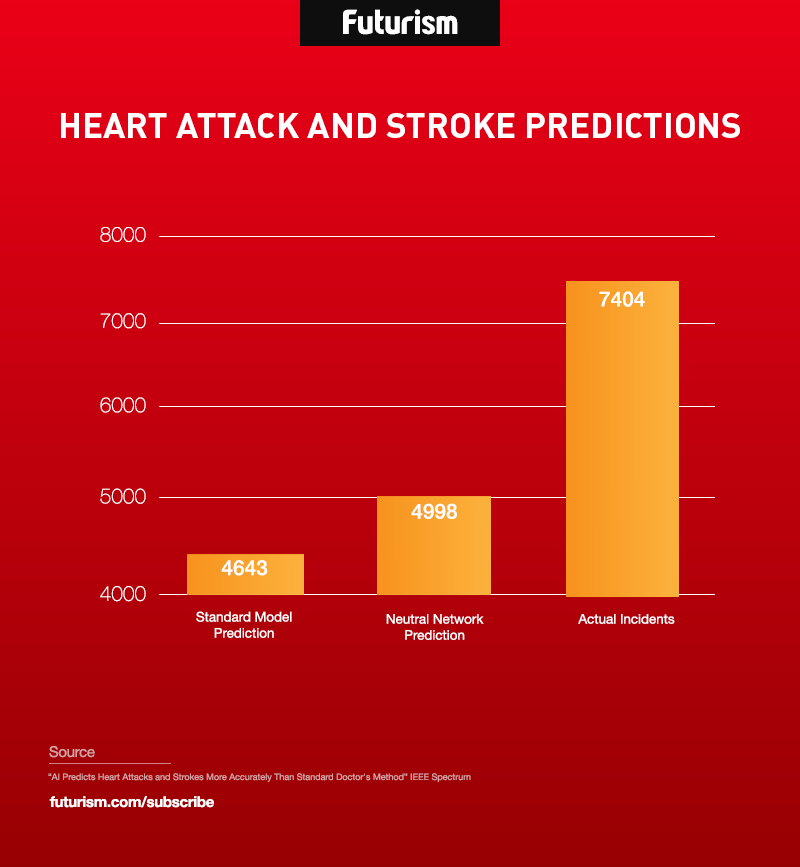
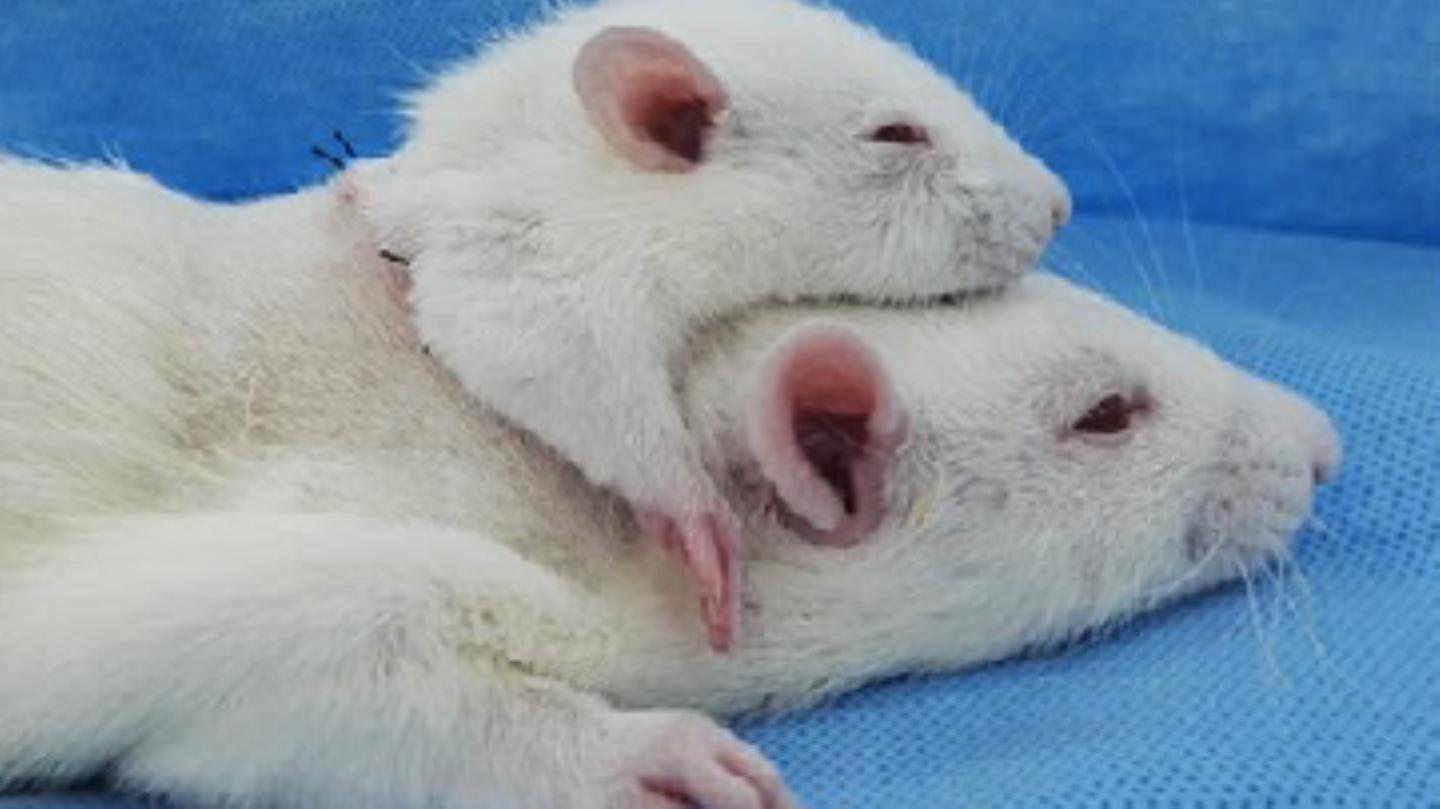
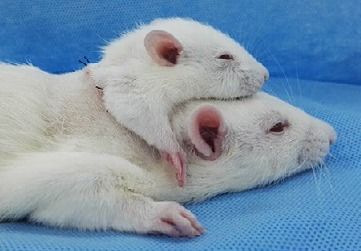 Researches successfully avoided brain-damaging blood loss while the donor head was being attached to the recipient rat.
Researches successfully avoided brain-damaging blood loss while the donor head was being attached to the recipient rat.
